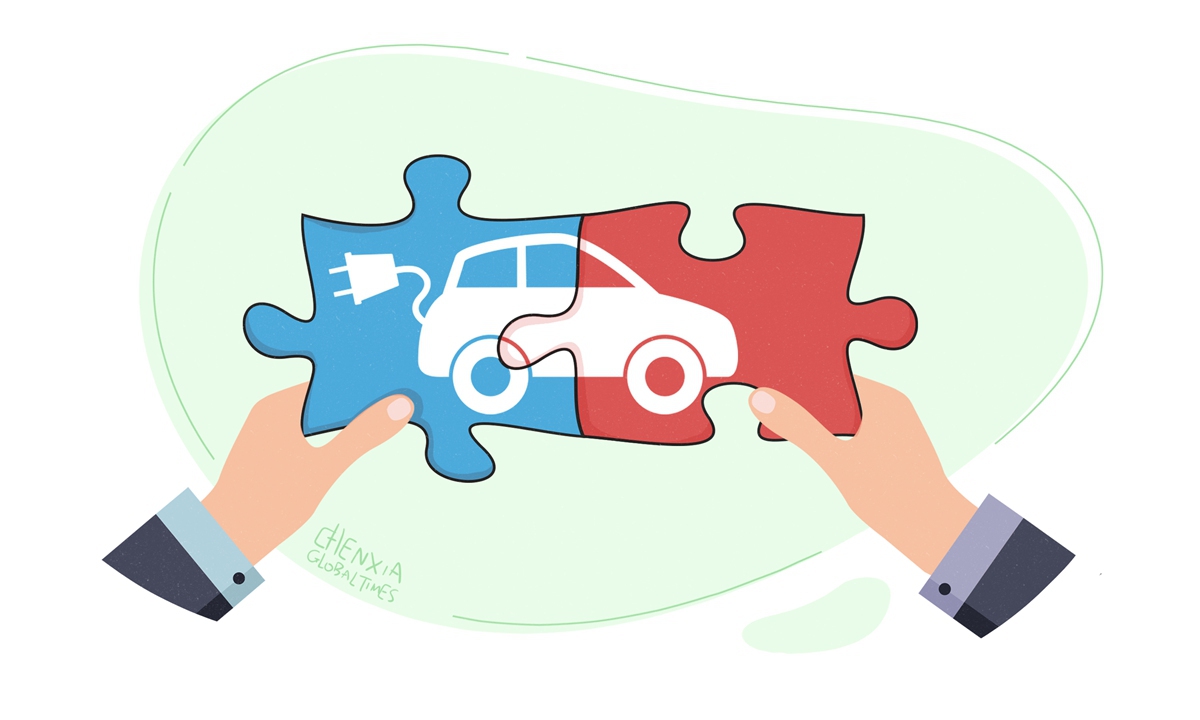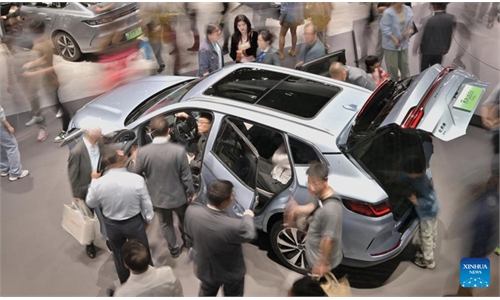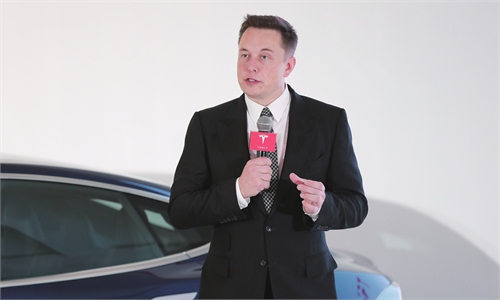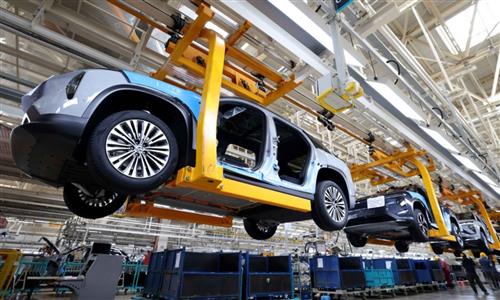There is big room for China, EU to conduct consultations on EV tariffs before final decision is made in Nov

Illustration: Chen Xia/Global Times
The EU could trim the provisional tariffs on imports of Chinese electric vehicles (EVs) scheduled to take effect from Thursday but the margin of the cut will be very small if there is any. However, there is still a big room for consultations and negotiaitons between China and the EU so as to find a solution acceptable to both sides.
China's green industry grew rapidly in recent years, but there is no so-called "overcapacity" in China's new energy products because global demand remains robust in China, and in the world.
Then, why the market demand has not been fully unleashed? There are many reasons.
Take EVs for example. The development of the charging piles is fast in markets like China, the US and the EU, but many emerging market economies lag behind in such supporting infrastructure, and as a result, limiting the unleash of the market demand at current stage. Although it's restrained, we cannot deny the market potential is massive.
In the long term, China's new energy products conform to the global trajectory of green, low-carbon development.
Hence, rather than falsely claiming there is "overcapacity" in China's new energy sector, the country's new energy products are actually a desirable contribution to the world's green transition and to the materialization of the goals of Paris Agreement.
Regarding fossil-fuel powered vehicles, the industry used to be a competitive industry for the US, Japan and the EU countries. And, China has imported a huge number of internal-combustion-engine cars from them, instead of taking trade protectionist measures.
In the rapidly growing new energy era now, Chinese companies have achieved technological advances through vigorous tech research and development, leading to the country's enhanced global competitiveness in EVs. Also, the country's comparative advantage is gained via free market competition.
On the contrary, the traditional fossil-fuel powered auto-making industry is so strong in the US and the EU that curbs the progress of EV industry in those countries. Faced with competitive Chinese new energy products, the US and the EU have chosen high tariffs to protect traditional fossil-fuel auto-making.
Obviously, the EU's anti-subsidy investigation into Chinese new energy products is of typical protectionism. The selling price of Chinese EVs in the EU is much higher than those sold within China. The EU cannot cause trouble with Chinese EV makers from the perspective of anti-dumping investigations, and instead, the EU resorts to the anti-subsidy probe.
As far as I know, the EU's determination of subsidies is arbitrary, and they even considered market practices such as favorable loans as government subsidies.
According to information I obtained, the European Commission (EC), the executive body of the EU, had come to a conclusion before carrying out the probe, and they refused to factor in most of the materials that Chinese companies submitted during the investigation.
Moreover, what the EC has investigated into Chinese EV companies exceeded the information they need. The EC even pressed Chinese companies to provide technology and product formula.
The EC on June 12 announced its intention to impose extra tariffs ranging from 17.4 percent to 38.1 percent on Chinese EV makers. According to related laws, the EC should announce the provisional tariffs in three weeks following its pre-disclosure, which falls on Thursday.
The two sides have recently launched consultations to address the tariffs issue, but the period is limited before preliminary ruling on Thursday. The EC is going to make a final decision as to whether to impose anti-subsidy tariffs and the rates in November.
In the coming four months, the two sides have a big room for consultations and negotiations. While the EU is concerned that Chinese new energy products may impact Europe's local industry, the two sides should reach a solution acceptable to both sides through talks.
The EU has announced multiple restrictive trade measures against China since the beginning of the year, but China has kept expanding imports from the EU, showcasing China's positive attitude in dealing with the EU.
We should firmly safeguard our rights to conduct normal trade, and will not allow other countries to randomly place so-called "overcapacity" and "subsidy advantage" labels on China. If the US and the EU insist on unreasonable crackdown on Chinese companies, we could take countermeasures in line with WTO rules.
The author is the director of the Chinese Academy of International Trade and Economic Cooperation's Institute of International Trade of the Ministry of Commerce. bizopinion@globaltimes.com.cn



